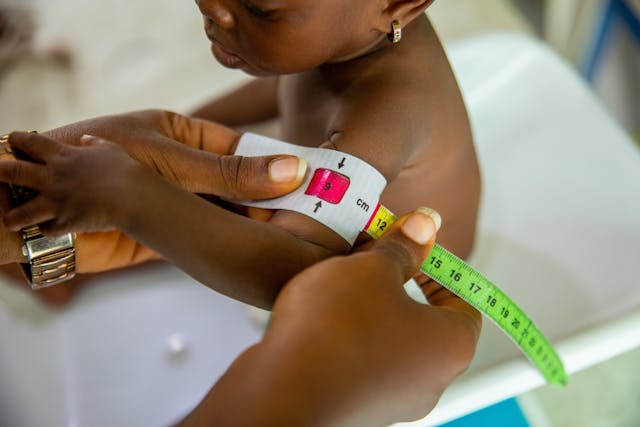Physical Address
23,24,25 & 26, 2nd Floor, Software Technology Park India, Opp: Garware Stadium,MIDC, Chikalthana, Aurangabad, Maharashtra – 431001 India
Physical Address
23,24,25 & 26, 2nd Floor, Software Technology Park India, Opp: Garware Stadium,MIDC, Chikalthana, Aurangabad, Maharashtra – 431001 India

In a compelling address at an event hosted by the National Human Rights Commission (NHRC) in New Delhi to mark Human Rights Day, President Droupadi Murmu highlighted the rising challenges posed by climate change to the realm of human rights. Labeling it as a “new threat,” alongside cybercrimes, the President urged a global reevaluation of human rights frameworks to adapt to the emerging challenges.
The Human Cost of a Changing Climate
Climate change disrupts lives in ways that directly challenge the principles of human rights. From extreme weather events to resource scarcity, its impacts undermine the core values of dignity, equality, and justice.
Loss of Lives and Livelihoods: The growing frequency of climate-related disasters—ranging from hurricanes to droughts—has devastating consequences. These events not only claim lives but displace millions, destroying homes, farmlands, and jobs. Vulnerable communities, particularly in developing nations, bear the brunt of these catastrophes, with limited means to recover or adapt.
The Threat to Survival: Rising sea levels threaten to submerge entire islands and coastal regions, putting entire populations at risk. For instance, low-lying countries such as Bangladesh face existential threats, with thousands already being forced to relocate. This raises critical questions about the rights of climate refugees and the role of the international community in their protection.
Basic Rights Under Siege
The Right to Health: Climate change directly and indirectly affects public health. Rising temperatures facilitate the spread of diseases like malaria and dengue, while air pollution—exacerbated by wildfires and industrial emissions—poses severe respiratory risks. Water shortages and contamination during prolonged droughts and floods further escalate health crises, disproportionately impacting marginalized groups.
Food Insecurity: Agricultural systems worldwide are being destabilized by erratic weather patterns. Smallholder farmers, particularly in South Asia and Sub-Saharan Africa, face declining crop yields, leaving millions food insecure. The ripple effects include malnutrition, poverty, and forced migration—each a human rights concern in its own right.

Climate-Induced Displacement: A Growing Challenge
One of the most alarming consequences of climate change is the displacement of populations. According to the United Nations, climate-related factors could displace over 200 million people by 2050. Displacement often leads to a cascade of rights violations, including restricted access to education, healthcare, and livelihoods. This highlights the need for robust international policies to safeguard the rights of climate migrants and refugees. Destruction of homes and infrastructure during extreme weather events leaves families vulnerable to homelessness and poverty. The right to adequate housing, enshrined in human rights charters, is under significant threat in regions frequently hit by cyclones, floods, and wildfires.
To effectively address the human rights implications of climate change, governments, and international organizations must prioritize a multi-faceted approach:
Strengthening Global Cooperation
Tackling the intersection of climate change and human rights requires concerted international action. President Murmu’s remarks are a clarion call for urgent and unified action. As nations grapple with the dual crises of environmental degradation and human rights violations, it is clear that the two issues are deeply intertwined. The fight against climate change is not just about saving the planet—it is about protecting humanity’s most fundamental rights. Addressing this crisis requires a global commitment to sustainability, justice, and equity. Only by reimagining our approach to human rights can we ensure a future where dignity and opportunity are preserved for all.
References:
https://pib.gov.in/PressReleasePage.aspx?PRID=2082644
https://www.sciencedirect.com/science/article/pii/S2949720524000286
https://www.undp.org/blog/critical-connection-between-human-rights-and-our-natural-world
Photo by Lagos food bank initiative https://www.pexels.com/photo/a-person-using-a-muac-tape-on-a-child-8061688/
Banner Image: https://x.com/PIB_India/status/1867073672080658829/photo/2